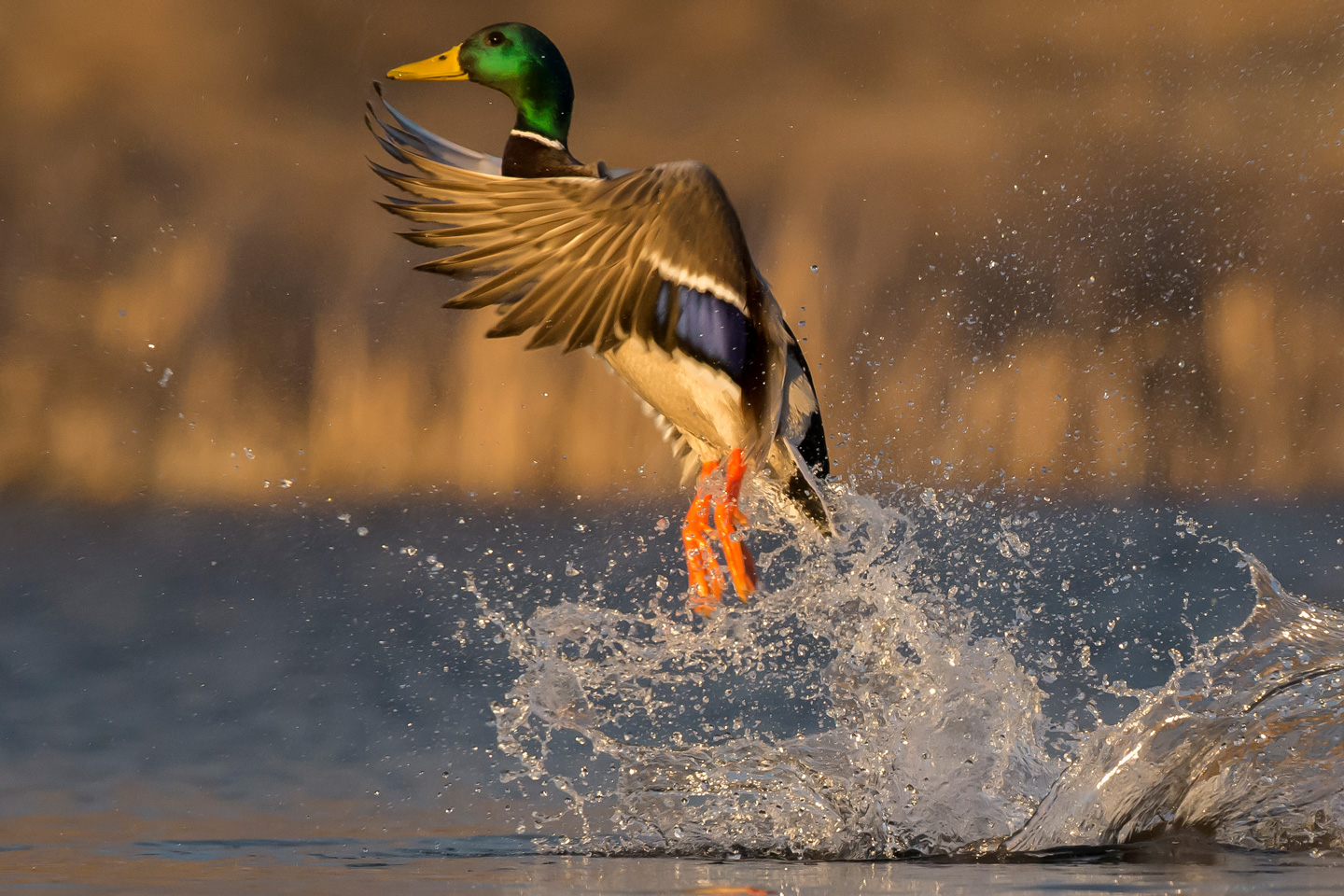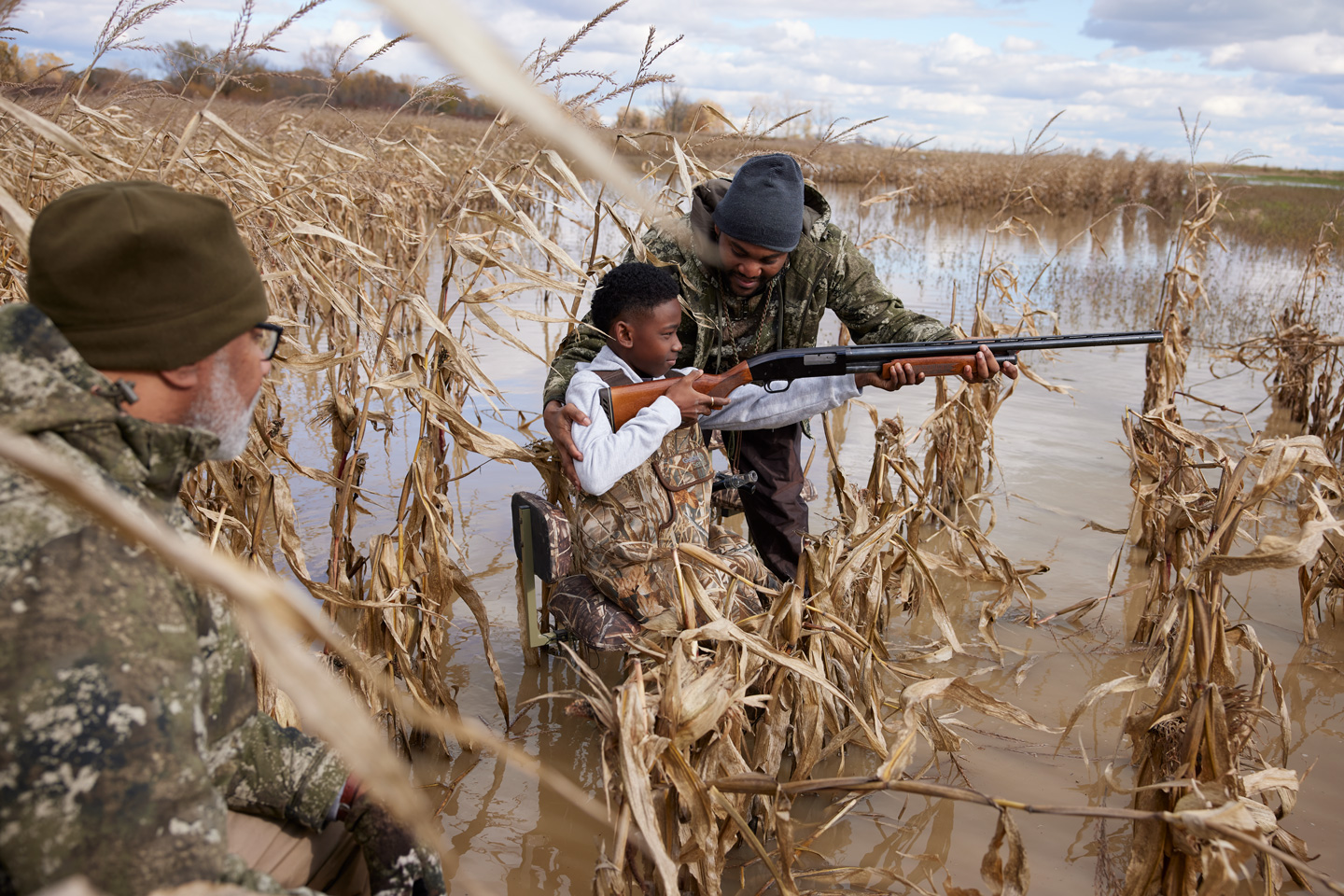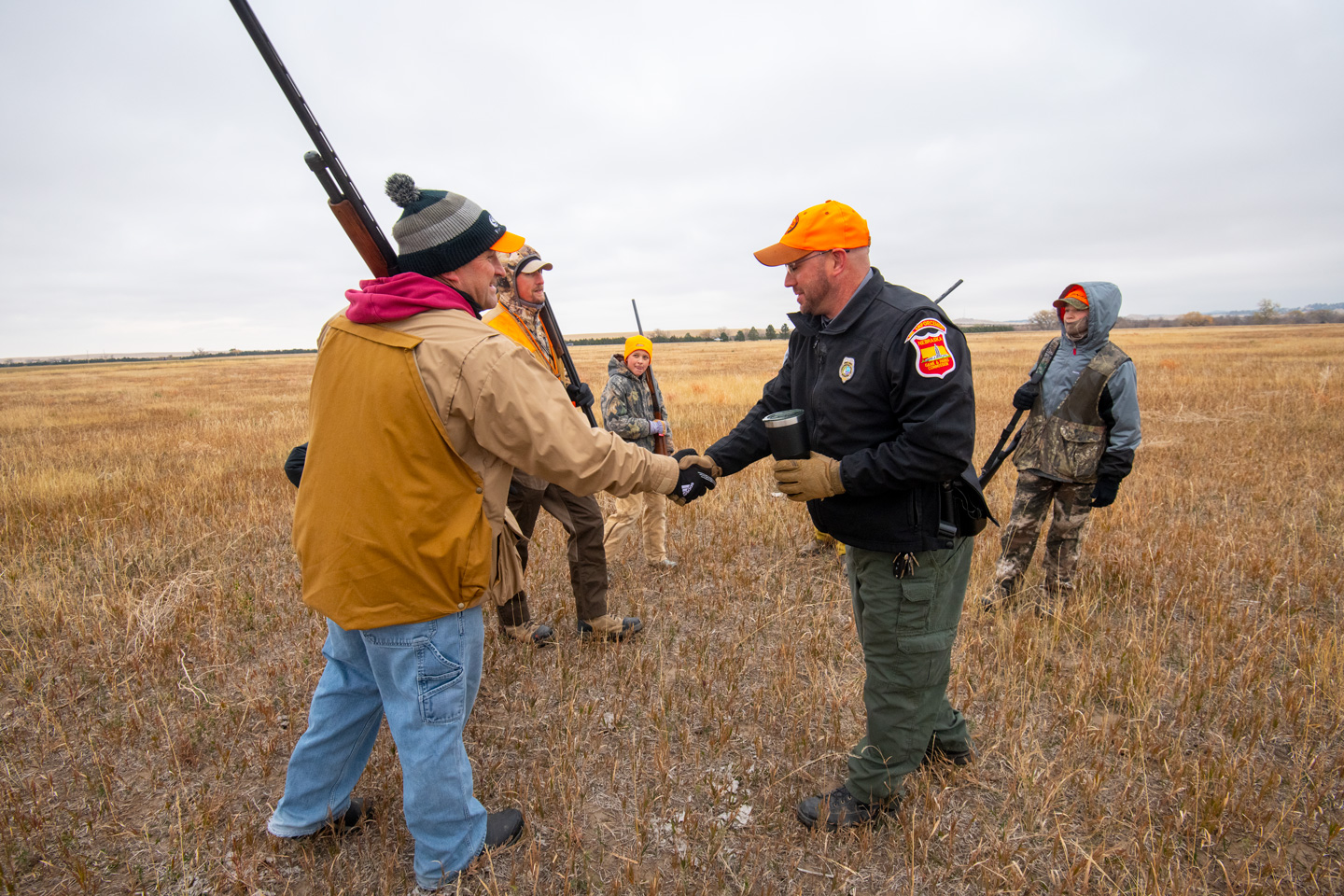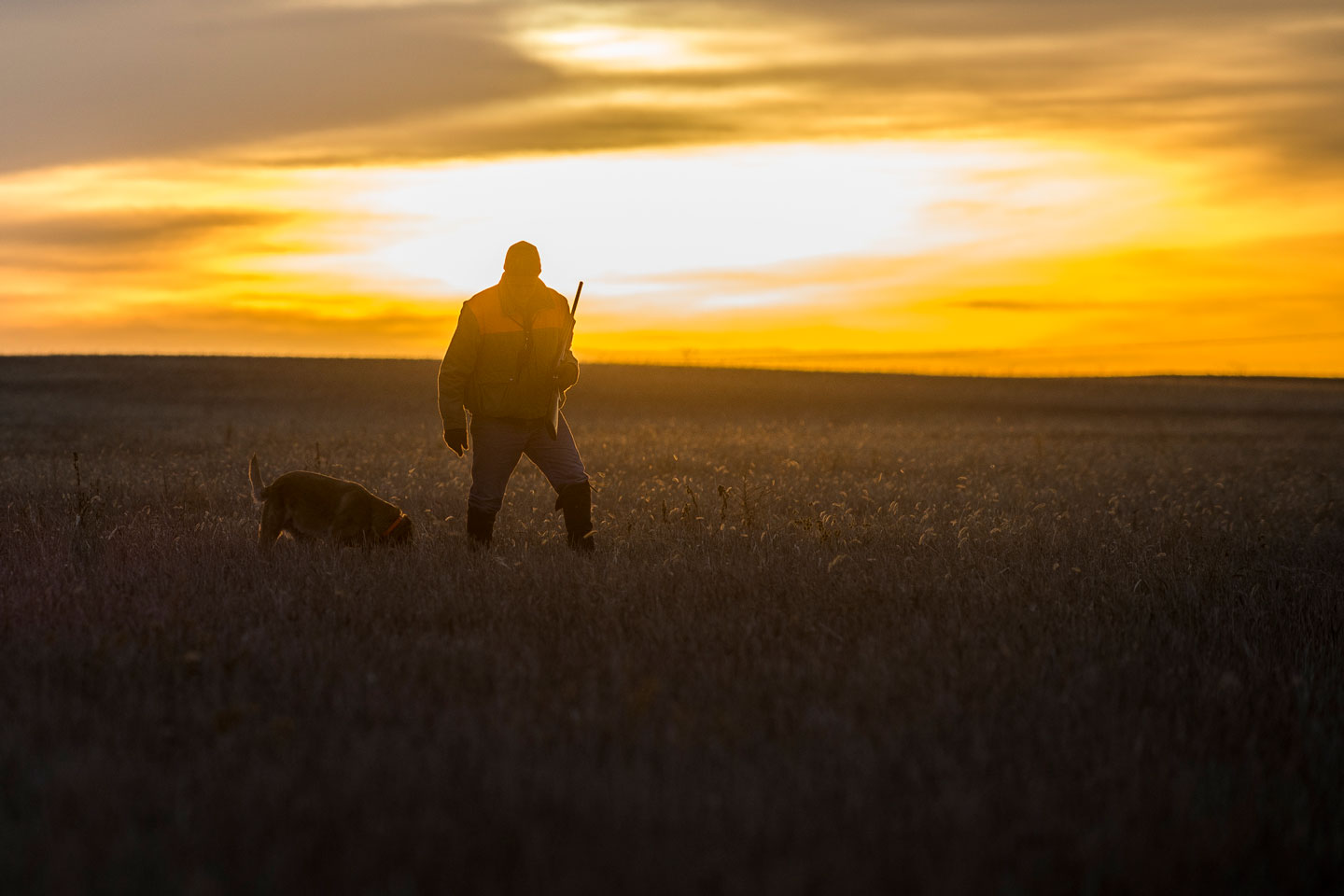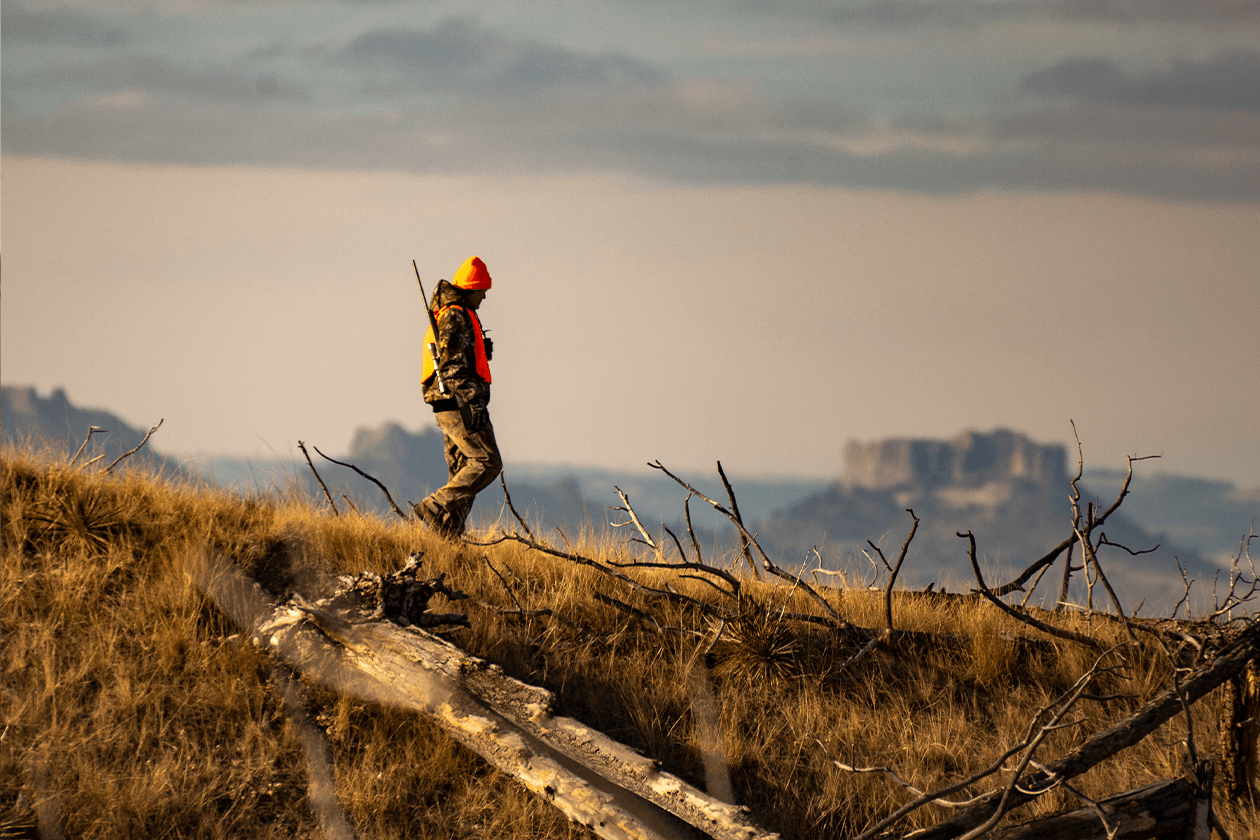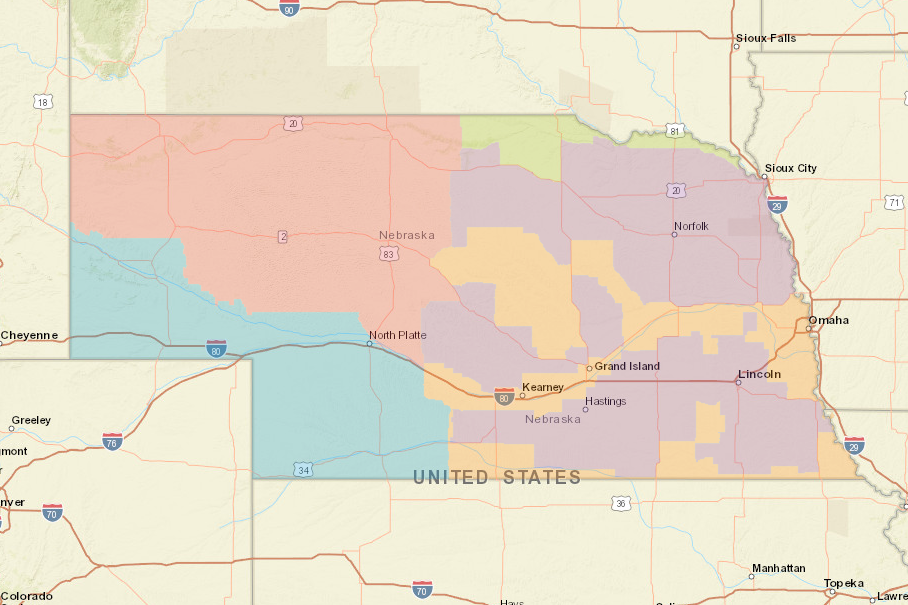Waterfowl checklist
Learn about the requirements for waterfowl hunters in Nebraska, including required permits and stamps.
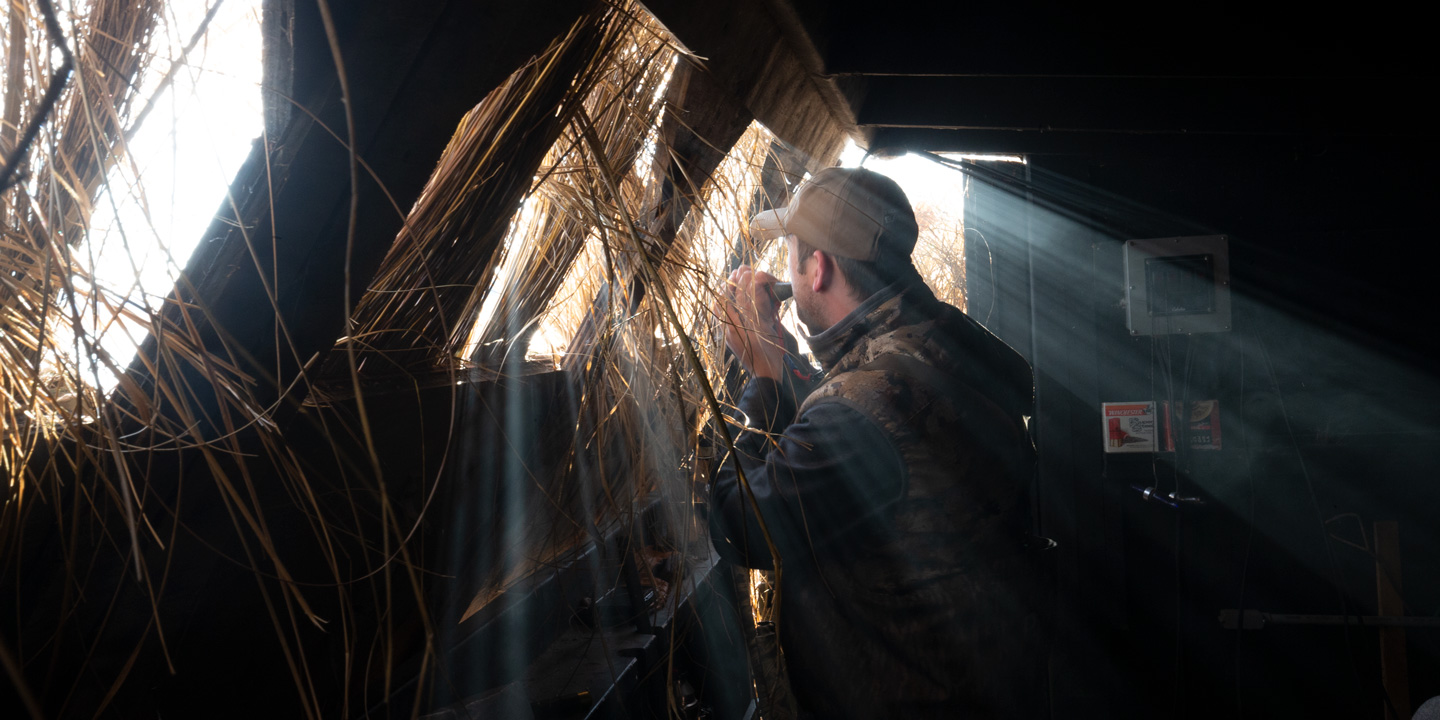
Rezoning input survey: Waterfowl hunters are invited to complete the second round of rezoning input now through March 14, 2025. Find more information and complete the survey on our waterfowl rezoning process page.
Because of their migratory nature, waterfowl species are managed differently from other game species. Nebraska Game and Parks works in cooperation with neighboring states, the Central Flyway and the U.S. Fish and Wildlife Service to set season dates, bag limits and regulations for waterfowl seasons.
Waterfowl hunters in Nebraska need a hunt permit, along with a Habitat Stamp and a Nebraska waterfowl stamp.
Learn about other requirements below.
Nebraska has four waterfowl zones, some of which are broken down into two sections with different hunting seasons.
Waterfowl rezoning process
In late 2024 and early 2025, hunters will be asked for their input on proposed new waterfowl zone boundaries. Once input has been received and reviewed, staff will propose new zone boundaries to the Commission and to the U.S. Fish and Wildlife Service for approval.
After zones are finalized, Nebraska Game and Parks will estimate harvest, hunter participation, hunter preference and migration timing for each zone for season dates to be set.
These boundary changes are part of a once-every-five-years process conducted in conjunction with the Fish and Wildlife Service and the four Flyway Councils who agree upon and approve criteria.
Proper identification while hunting waterfowl is critical. Positioned in the heart of the Central Flyway, Nebraska boasts numerous species of ducks and geese. However, it should be noted that hunting swans in Nebraska is illegal. A goal of Nebraska’s Two Tier Program is to help beginning hunters gradually build up their duck identification skills without the fear of breaking the law while in the field.
We recommend these two resources for beginners or waterfowl enthusiasts:
The Migratory Bird Harvest Information Program, or HIP, is a U.S. Fish and Wildlife Service program designed to measure the harvest of migratory birds for management purposes.
All migratory game bird hunters must register annually with the Migratory Bird Harvest Information Program in each state you hunt before hunting ducks, geese, swans, mergansers, coots, cranes, snipe, doves or woodcock.
How to register for HIP
Need help registering for HIP online? The video below will walk you through the HIP registration process in our online permit system.
Required annually for all migratory waterfowl hunters age 16 or older, the Federal Duck Stamp is a vital tool for wetland conservation. For every dollar generated by the sale of federal Duck Stamps, 98 cents goes directly to buy or lease wetland habitat for protection in the National Wildlife Refuge System. Proceeds have been used to purchase or lease about 5.6 million acres of wetland habitat on many of the more than 560 national wildlife refuges.
The Nebraska Game and Parks Commission now offers this stamp for sale online. The electronic stamp is considered temporary and is legal to hunt with for up to 45 days from purchase, during which time you will get a physical stamp in the mail. The U.S. Fish and Wildlife Service offers more information about this stamp online.
Duck hunters are required to register as a Tier I or Tier II hunter as part of a new regulations option that started in 2021. Tier I hunters have a six-bird daily bag limit with species and sex restrictions, and Tier II hunters have a three-bird daily bag limit with no species or sex restrictions.
Banding and reporting of banded waterfowl and other migratory birds is a critical program that allows managers to estimate and track vital population parameters. Banding information also provides information on when and where migratory birds are harvested. Reporting of band numbers from birds you harvest or find will help ensure the continued existence of hunting seasons and assist in making better management decisions.
Hunters may report online or by phone at 800-327-2263. The website and toll-free number is ONLY to be used to report bands. More information about bird banding can be found at the Bird Banding Lab.
It is unlawful to use or possess shotgun shells loaded with or containing shot other than nontoxic shot while hunting, taking or attempting to take waterfowl. Nontoxic shot is required for all shotgun hunting on federal waterfowl production areas, national wildlife refuges and some state wildlife management areas, as posted.
Legal nontoxic shot are:
- steel
- coated steel
- bismuth-tin
- tungsten-iron
- tungsten-polymer
- tungsten-matrix
- iron-tungsten-nickel
- tungsten-bronze
- tungsten-tin-bismuth
- tungsten-tin-nickel-iron
- tungsten-iron-copper-nickel
For more specific information, see the table for nontoxic shot loads for waterfowl and upland game birds.
All migratory birds except doves must have one fully feathered wing or head plumage attached when in transport.
Hunters must ensure that all game is used and not wasted. Persons found guilty of abandoning or wasting game birds may be subject to fines and restitution.
Related Content
Hunting permits
Purchase hunting, big game and turkey permits, as well as supertags and combo lotteries.
Season dates
With a broad diversity of species and seasons, hunters in Nebraska can have a busy year. Find our comprehensive list of season dates by species.
